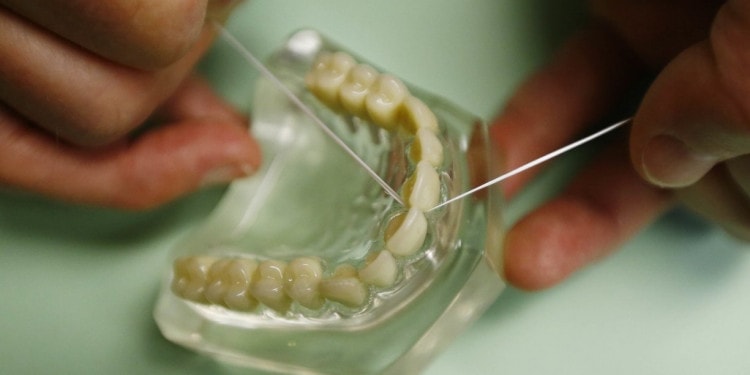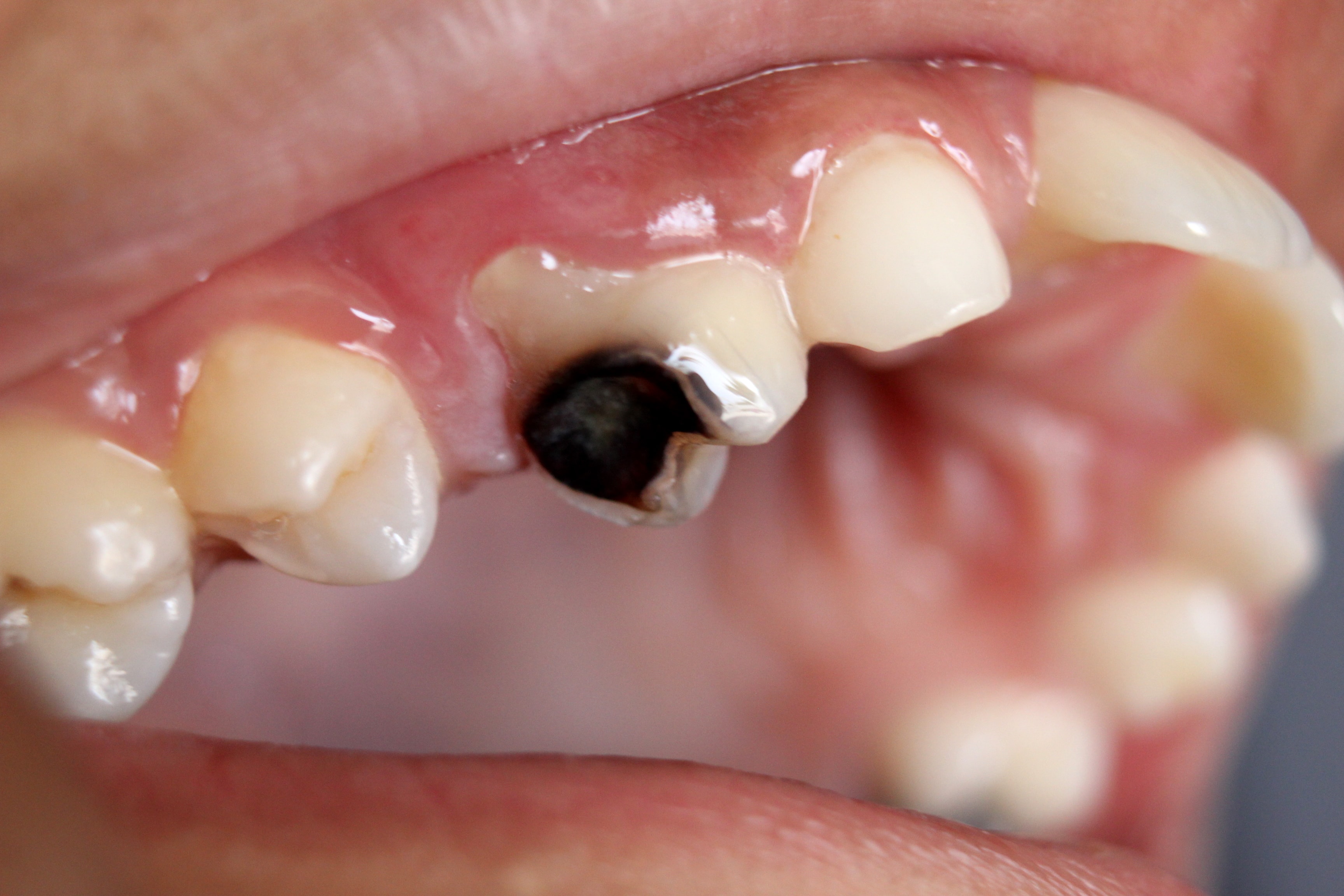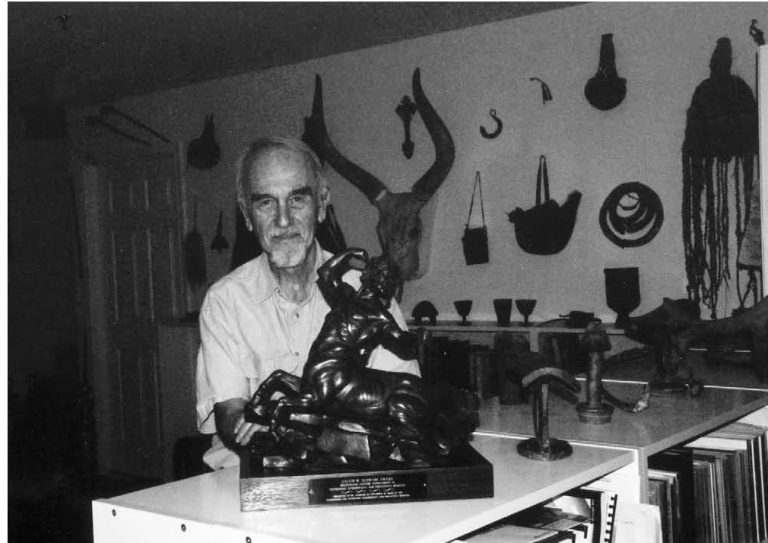Earlier this month, the Associated Press published an article with a surprising headline: “Medical benefits of dental floss unproven,” the AP reported, followed by paragraph after paragraph implying that flossing has no benefits. The story quickly generated clickbait headlines, such as, “Feeling Guilty About Not Flossing? Maybe There’s No Need,” from The New York Times, or “The Shaky Evidence for Flossing,” from The Washington Post. However, the report’s revelation is far less meaningful than you might think.
Healthcare has a scientific foundation, but the theories that are built upon that foundation are often unconfirmed. To be clear, however, terms like “unconfirmed” and “insufficient evidence” have a very specific meaning to researchers, which is lost in translation when presented to the general public. Unpacking the gap between what such statements mean, and how they are interpreted, reveals the complicated and humbling relationship between healthcare and scientific evidence.
The problem with unconfirmed theories is that they can be wrong. For the first half of the 20th century, the most common disease in the United States, high blood pressure, wasn’t considered a disease at all. Doctors hypothesized that high blood pressure was the body’s natural response to needing more blood flow, so there was no need to alter it. Much like fevers are a symptom of another underlying illness, doctors thought that high blood pressure was the result of disease, not a disease in itself.
In fact, most doctors in the early 20th century believed that lowering someone’s blood pressure was actually dangerous. In his 1931 medical textbook “Heart Disease,” Dr. Paul Dudley White wrote, “Hypertension may be an important compensatory mechanism which should not be tampered with.” In 1946, the textbook “Clinical Blood Pressure” stated, “Overzealous attempts to lower blood pressure may do no good and often do harm.” Sir William Osler, cofounder of Johns Hopkins Hospital and the so-called “Father of Modern Medicine,” declared that “extra pressure is a necessity.” Doctors had an unconfirmed scientific hypothesis, and that hypothesis was completely wrong.
Sir William Osler, cofounder of Johns Hopkins Hospital and the “Father of Modern Medicine.” Photo via Wikimedia Commons.
Related articles: “THE SLIPPERY SLOPE OF CONSCIENTIOUS OBJECTION“
By contrast, the recent fuss about floss did not come from realizing that dentists were wrong, but from recognizing that it is another example of an unconfirmed hypothesis. The U.S. federal government has recommended flossing since 1979. By law, these government recommendations have to meet specific evidence standards. If there haven’t been enough good studies on a given topic, the government can’t make recommendations about it. When the AP asked the U.S. government to provide its evidence about flossing, the government acknowledged that current studies on flossing were not up to par and withdrew the recommendation.
Could flossing be another case of a bogus belief becoming dogma? Is flossing another unconfirmed hypothesis that healthcare providers are just plain wrong about, like high blood pressure used to be?
Many people are also now choosing to have dental treatments abroad as the costs are so ridiculous at home and I’ve done that recently too, I went to a dentist in Tijuana (in Mexico) who were absolutely brilliant, and I saved so much money it’s ridiculous (and got a cool holiday too!).
In reality, many common healthcare practices have “insufficient evidence” to support them. High-quality evidence means having multiple randomized controlled clinical trials (RCT) showing that an intervention is effective. In a randomized trial, participants are randomly assigned to receive one of two different interventions, and that randomization eliminates biases that can tip the results of a study. RCTs take an enormous amount of time and resources to conduct, so most healthcare interventions have never been tested with one. Nevertheless, the demands of treating the patient in front of you, to the best of your ability, supersede the demand for having the best possible scientific evidence. You do the best you can with what you have.
To that end, the prestigious British Medical Journal (BMJ) published a tongue-in-cheek study pointing out that they were “unable to identify any randomised controlled trials” showing that parachutes would prevent traumatic death from a “gravitational challenge.” By the strictest scientific standards, parachutes cannot be recommended to prevent death for anyone jumping out of an airplane, because there isn’t enough evidence of their efficacy. In fact, there are zero scientific studies confirming that their theoretical benefit translates into a benefit in real-life. Common sense says parachutes are a good idea, but common sense is not scientific evidence.
According to the scientific evidence, the benefits of flossing are unconfirmed. The Cochrane Library, which evaluates the research on a given topic, published a report in 2011 declaring that the evidence for the benefits of flossing are “very unreliable.” The reasons were multiple: Some existing flossing studies had too few participants. Others had differing ways of measure flossing’s “effectiveness,” making them difficult to make sense of. Many studies were conducted too quickly for anyone to develop cavities or dental disease, even though that is what flossing is supposed to prevent. Much like parachutes, flossing does not have reliable scientific evidence to back it, because good quality research has not been done on the topic.
There is insufficient evidence that cavities, or dental carries, can be prevented with flossing. Photo via Wikimedia Commons.
In a follow-up article, the BMJ elaborated on what they called the “parachute approach to evidence-based medicine.” The authors pointed out that imperfect evidence is still evidence and should not be discounted when patients’ health hangs in the balance. In their words, “Waiting for the results of randomised trials of public health interventions can cost hundreds of lives… If the science is good, we should act before the trials are done.”
In fact, if doctors had been more accepting of imperfect evidence, high blood pressure might have been treated more than a generation earlier. The harms of high blood pressure were documented for decades before doctors began treating it. In 1914, the Northwestern Mutual Life Insurance Company published a study showing that customers with high blood pressure were twice as likely to die in a given year. Similar studies from insurance databases linking high blood pressure to death were published again in the 1920s, 1930s, and beyond. Unfortunately, these were not what we would call “high-quality” studies. They were “insufficient evidence.” Most doctors simply ignored them, following the theories they already believed.
For a full mindmap behind this article with articles, videos, and documents see #health
In fact, just like flossing, this early evidence on the harms of high blood pressure would not have met the standards needed for a government recommendation today. Yes, there was some evidence that high blood pressure was harmful, but it was no more than one of many unconfirmed hypotheses.
By the late 1960s and early 1970s, a series of randomized controlled trials had examined the effects of treating high blood pressure. The results were clear: High blood pressure can kill people, and lowering someone’s blood pressure can prevent those deaths from happening. By 1977, national guidelines had been written for the treatment of high blood pressure, and everyone who had it was supposed to be treated. However, by the time the good evidence showed doctors they were wrong, generations of people with high blood pressure had been mourned and buried.
The history of high blood pressure illustrates two very different phenomena – the unconfirmed hypothesis problem and the parachute problem. More recently, the surprising report from the AP shows us that flossing lies in the same scientific gray area that high blood pressure once did. Is flossing an example of the parachute problem, where waiting for high-quality evidence would be foolish and regrettable? Or, is it an example of the unconfirmed hypothesis problem, where what we think we know is utterly false?
I do not know. I do know, however, that flossing is both cheap and easy. Moreover, I implore you to remember that a hypothesis that remains untested is not a hypothesis that has been disproven. The medical benefits of dental floss may be unproven, but that does not mean that there are no benefits at all. Researchers may take a closer look at this question someday. Until they do, why not treat it like a parachute – if it works, you will be happy it did.
Recommended reading: “BEHIND THE WEAK SCIENCE FOR FLOSSING“
_ _















